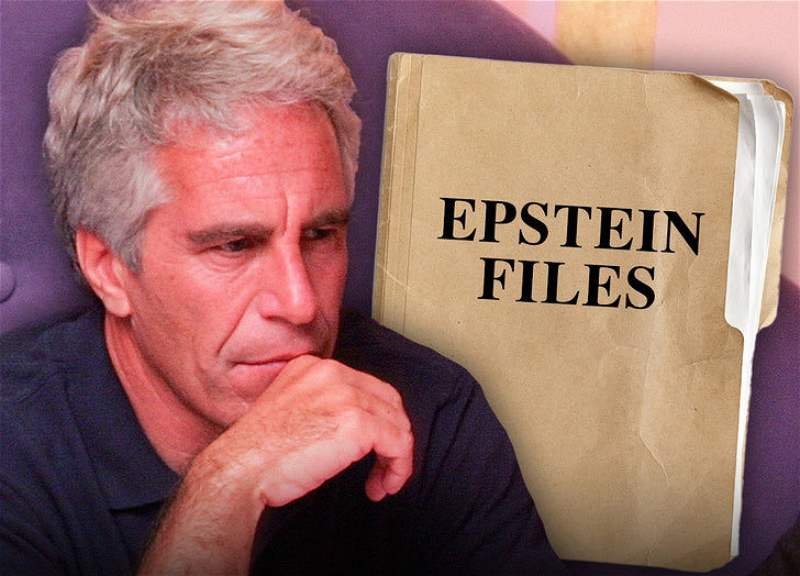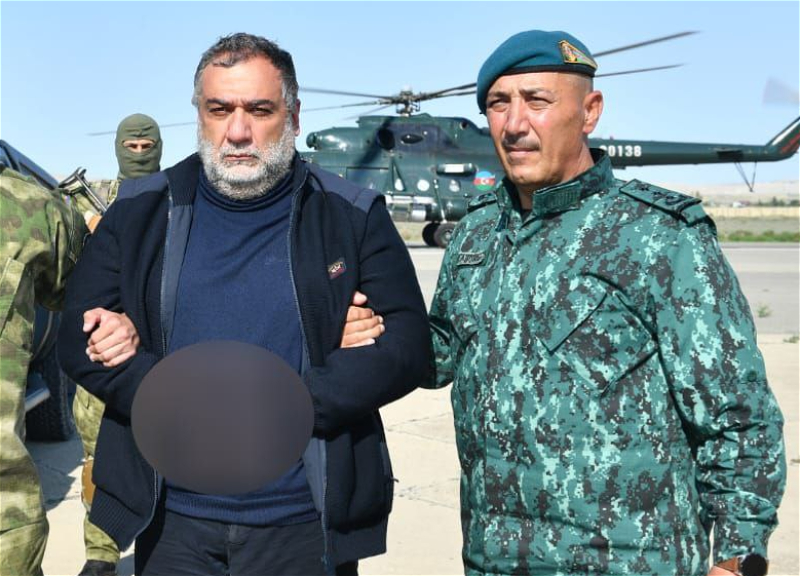“Gray Cardinals” and “Dirty” Oil: Adnan Ahmadzade and the Russian Trace in the Attack on the Reputation of Azerbaijani Supplies

In the energy sphere, a new round of an old game is unfolding — behind the lofty rhetoric of “partnership” and “reliability” lurk banal attempts to retain control over markets and the usual mechanisms of pressure.
The scandal surrounding the discovery of contamination of Azerbaijani oil with organochlorine compounds does not appear to be a technical incident, but rather a carefully staged performance designed to turn Azerbaijan’s successes in the European energy market into its “weak spot.”
When anonymous “experts” begin to speak in unison about alleged “unreliability of supplies,” and information networks controlled by certain circles launch waves of panic, it becomes clear that the goal is not about concern for fuel purity, but rather about dirty geopolitical competition masked as “environmental vigilance.” The irony is that the very country whose oil in 2019 became notorious for record contamination in the Druzhba pipeline now attempts to act as a moralizer, lecturing Europe on the supposed “risks” of Azerbaijani supplies.
Against the backdrop of the EU’s efforts to reduce dependence on Russian gas and increase purchases of Azerbaijani energy resources, such a campaign seems logical — the more stable the Southern Gas Corridor, the fewer levers of pressure Moscow has. First came attacks on SOCAR’s infrastructure in Ukraine, then strange logistical disruptions and rumors about the “chemical” quality of Azeri Light, and now — an orchestrated wave of publications. Observers note that this is not the first time Russia, faced with sanctions and being pushed out of its traditional markets, has resorted to elaborate maneuvers in an attempt to weaken competitors and reclaim its role as an indispensable supplier. This was the case during previous gas crises, and it is the same story today — only now the subject is oil, and instead of directly shutting off pipelines, we see hybrid sabotage with elements of information warfare.
A special “gem” in this intrigue is the figure of Adnan Ahmadzade, a former high-ranking SOCAR official who for years cultivated the image of a successful manager, but who, according to investigators, turned the shadow trade in sanctioned resources into his own business project. Schemes tested on Iranian oil proved especially “useful” after the war in Ukraine began: forged certificates, offshore companies, tankers with “repainted” crude — all this became a toolkit enabling Russian oil to penetrate European markets under the guise of foreign supplies.
Now he is named as one of the key suspects in the contamination of Azerbaijani oil with chlorides. And here it is difficult to pretend he did not understand the consequences: a man with many years of industry experience knows very well the dangers even minimal chloride impurities pose — from damaging pipelines and tankers to inflicting reputational harm on the country.
The blow also strikes SOCAR’s image along its key export routes. The result speaks for itself: a fall in Azeri Light’s price by several dollars per barrel translated into billions in lost revenue, but more importantly, it undermined Azerbaijan’s reputation as a reliable partner — precisely what the organizers sought.
Meanwhile, the usual mouthpieces of Kremlin narratives are rushing to frame the scandal. Bloggers long known as “talking heads” have already labeled the incident a “warning” to Baku and hinted that similar “incidents” could be repeated. In other words, the message is clear: sabotage is not an accident but a systemic tool of pressure, to be used until Europe “returns” to the “right” supplier.
One can only sarcastically remark that such “energy diplomacy” resembles the behavior of a criminal racket more than that of a civilized market — yet this is exactly how Moscow has used gas and oil for years: as a political bludgeon rather than a commodity. In this sense, the current scandal is just another chapter of the same old story, with unchanged methods and Azerbaijan as the target.
It is obvious that such a complex operation could not have been the work of just one man. The coincidence of cyberattacks, strikes on oil and gas infrastructure in Ukraine, logistical disruptions, quality manipulations, and synchronized information dumps all point to a well-organized network whose resources go far beyond private business. Analysis of how the news spread, its sources, and timing leads back to centers of influence outside Azerbaijan — above all, Moscow. Who else but Russia benefits from this outcome?
Also telling is the silence of Russian media about Ahmadzade’s arrest: search engines strangely yield no mentions, as if someone decided to “clean up” the information field.
But no matter how much the organizers try to conceal their motives, they are already clear: an attempt to turn Azerbaijan’s cooperation with Europe into its “weak spot” while simultaneously derailing supply diversification plans. The irony is that the more actively Europe seeks to escape energy dependence, the more sophisticated the attempts become to lure it back into the old trap.
It is symbolic that a rather influential man, who until recently clearly considered himself “untouchable,” now finds himself behind bars.
He now appears not just as a defendant in a criminal case, but as a vivid example of how private interests, intertwined with external influence, can be turned into a weapon against one’s own state.
For years he operated at the intersection of energy, shadow schemes, and foreign interests. His arrest demonstrates that the state is capable of detecting and stopping attempts to use domestic resources against national interests.
Today, as investigators unravel the web of his connections step by step, it becomes clear that this is not about a private adventure but about an entire “infrastructure of pressure,” where figures like Ahmadzade are merely the service personnel of others’ strategies.
For Azerbaijan, this story confirms its ability to defend its reputation and economic interests even under powerful hybrid attacks, and for Europe — it is a reminder that behind the loud words about “oil purity” often lie hidden networks aimed at undermining trust.
And it is precisely here — in the harsh exposure of such “gray cardinals” — that the path to real resilience of the energy market lies.
Ali Mammadov








